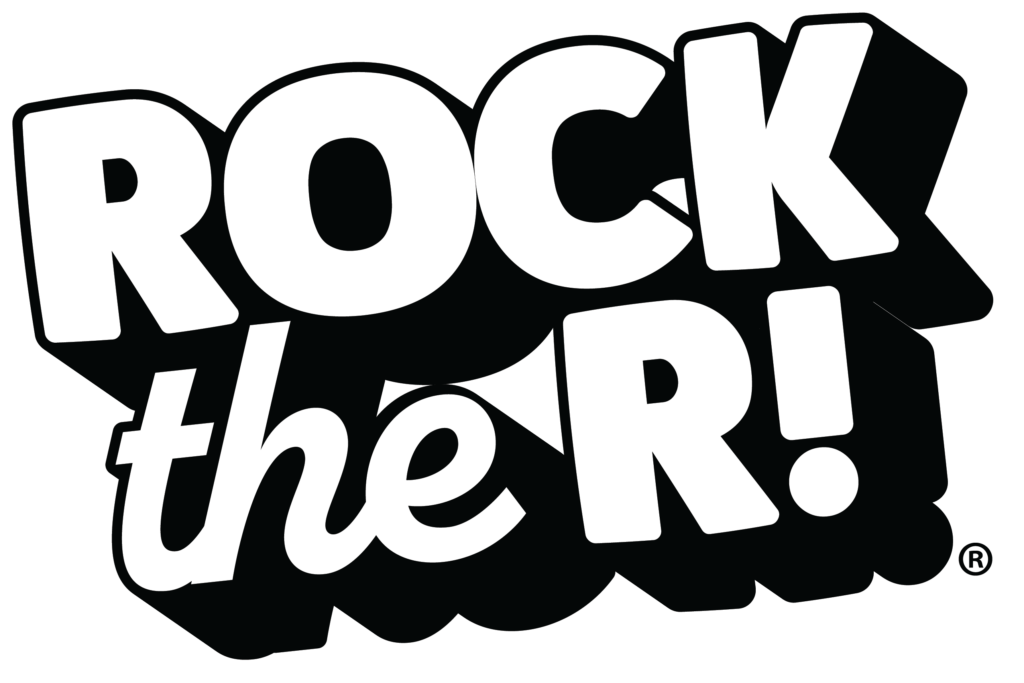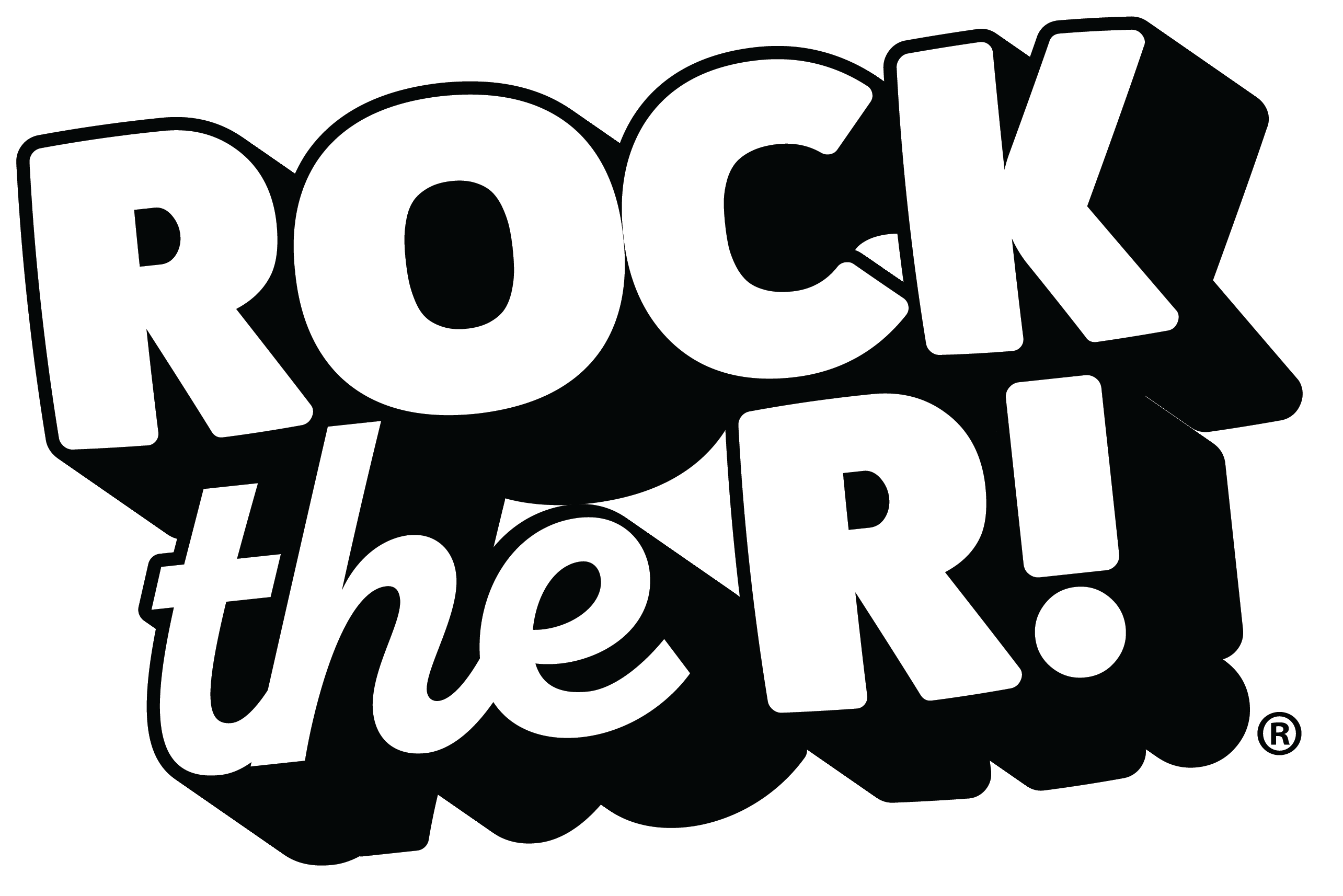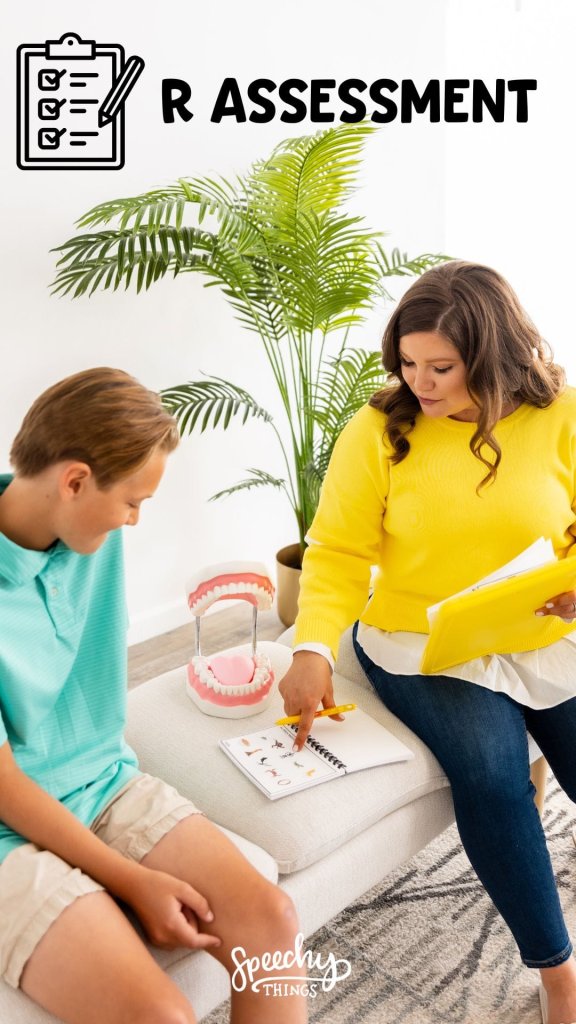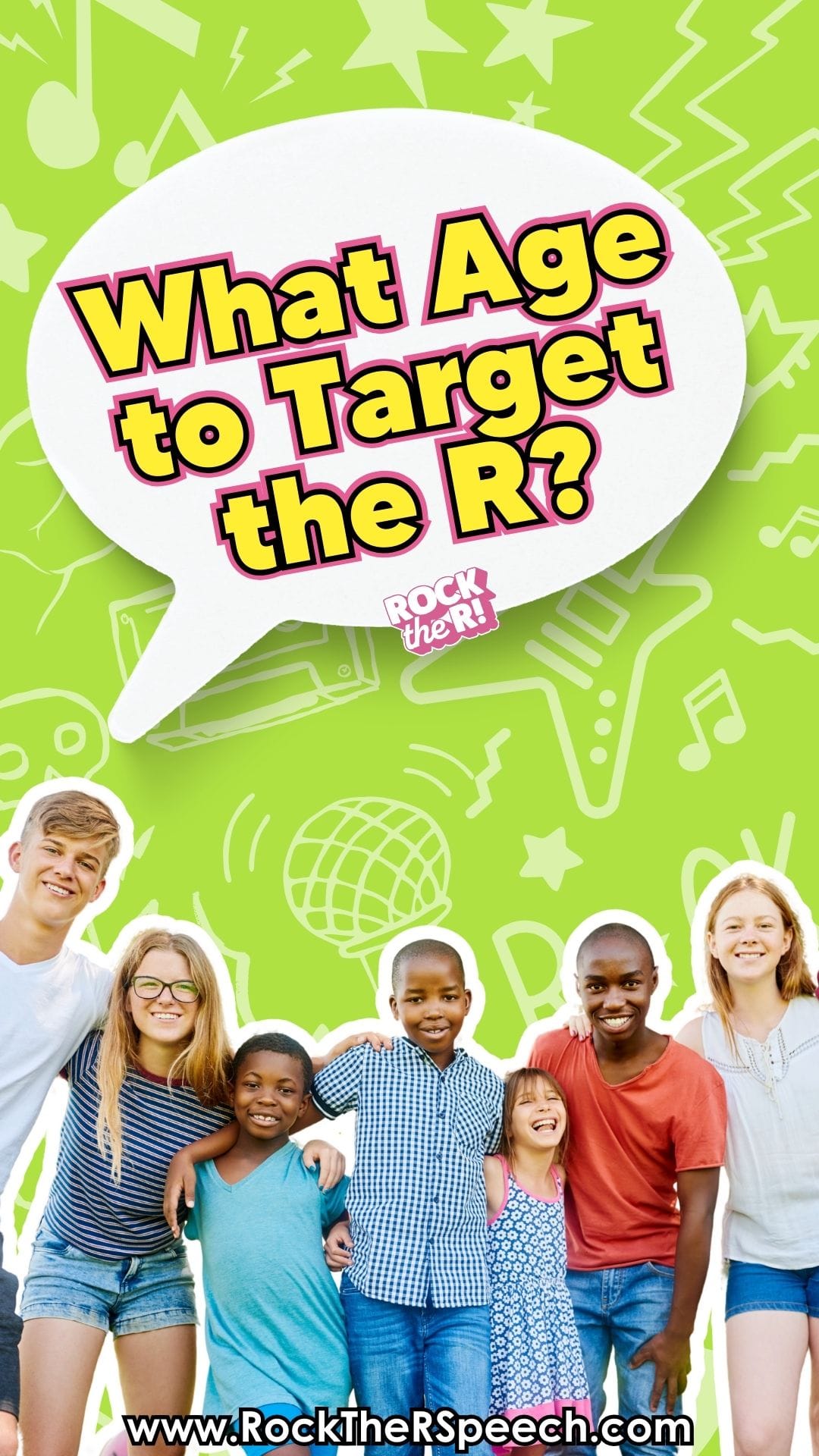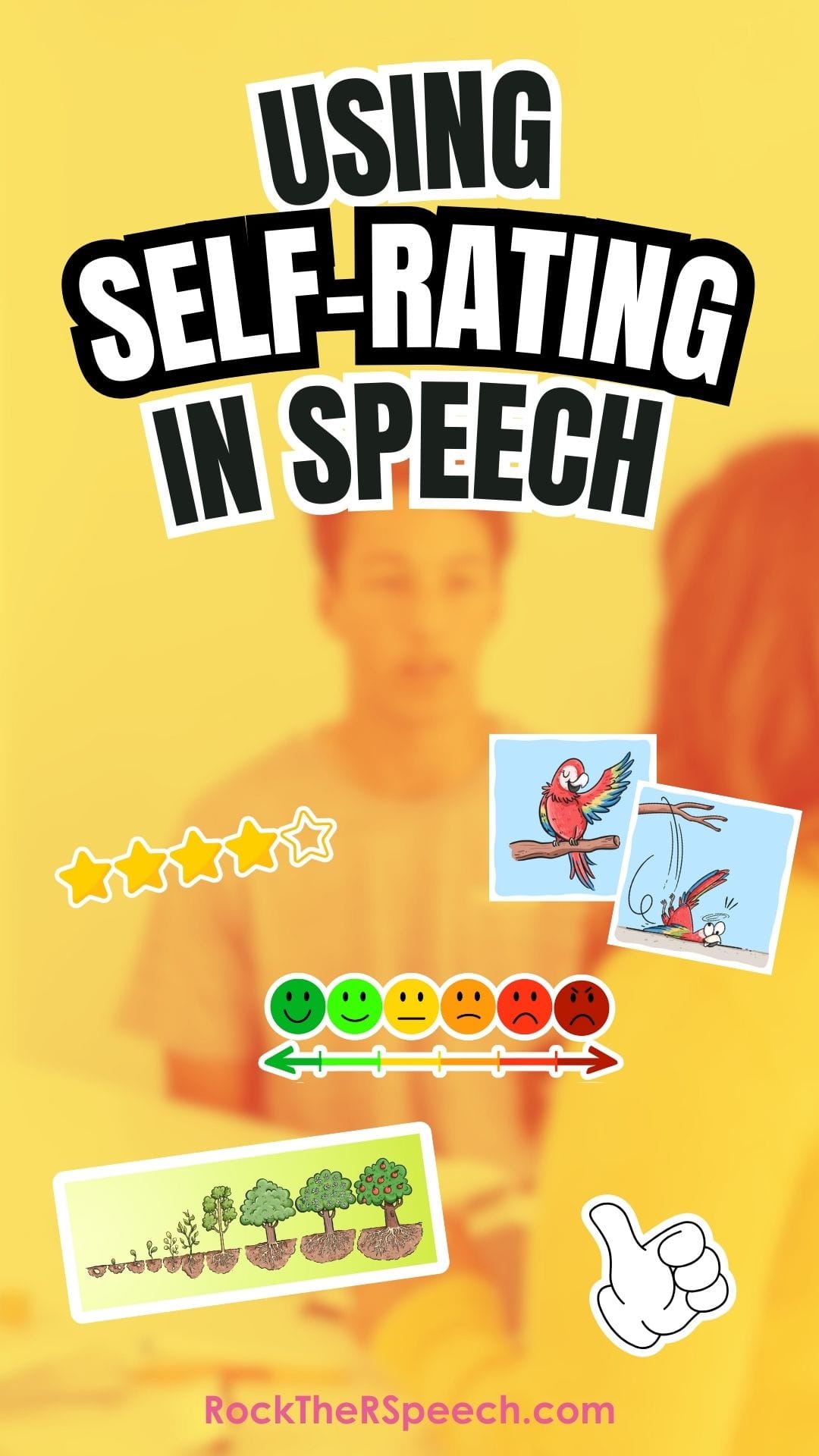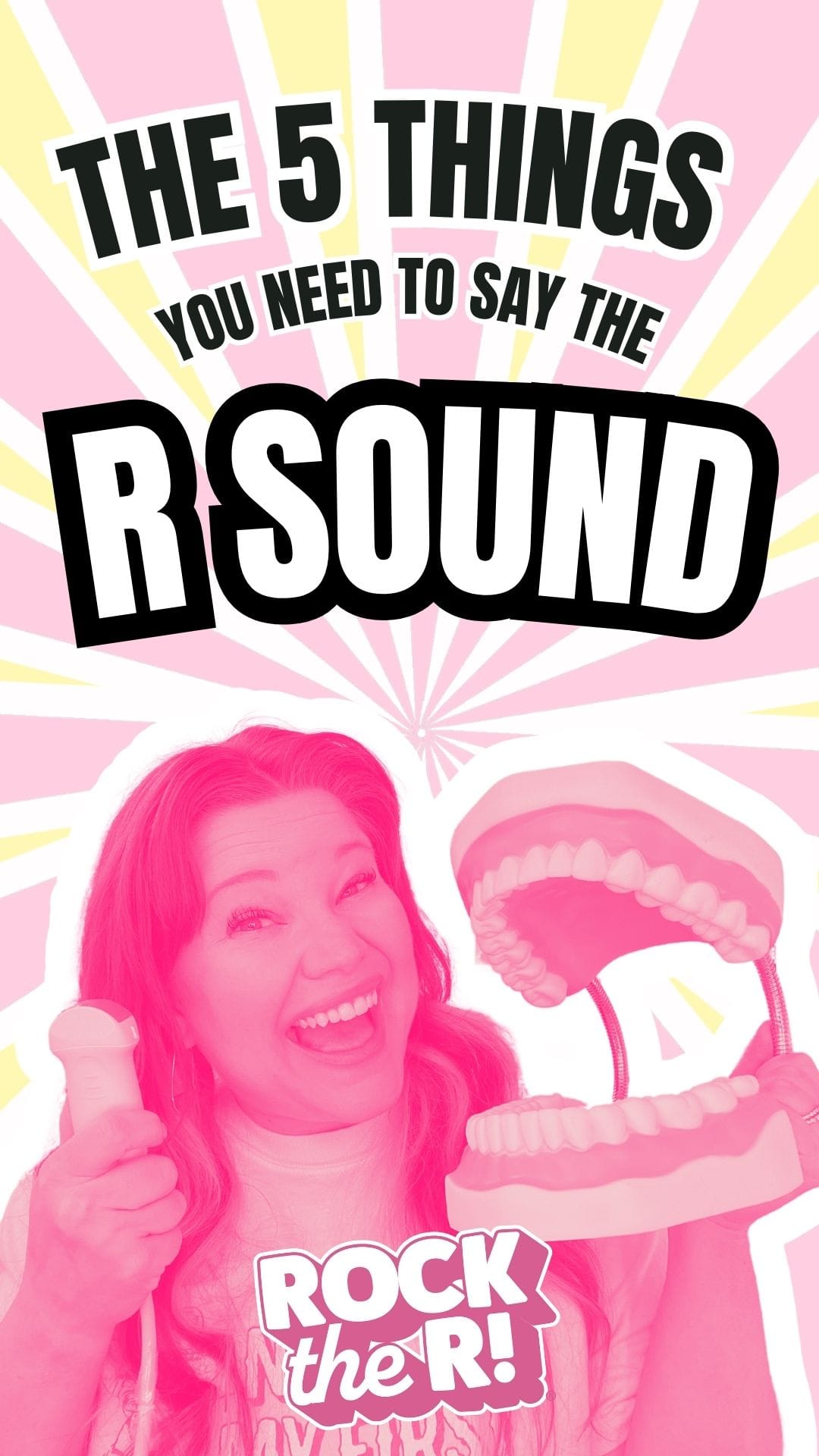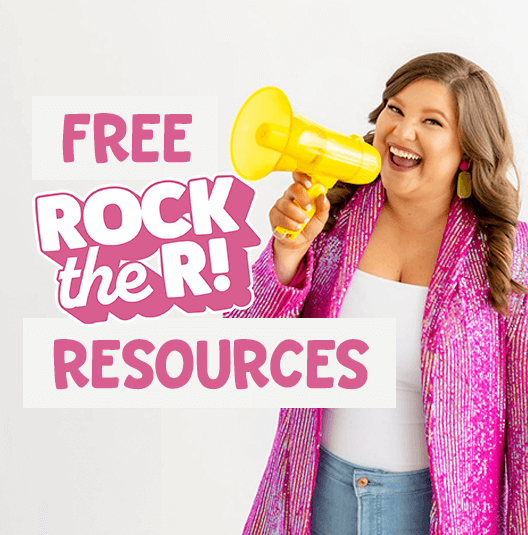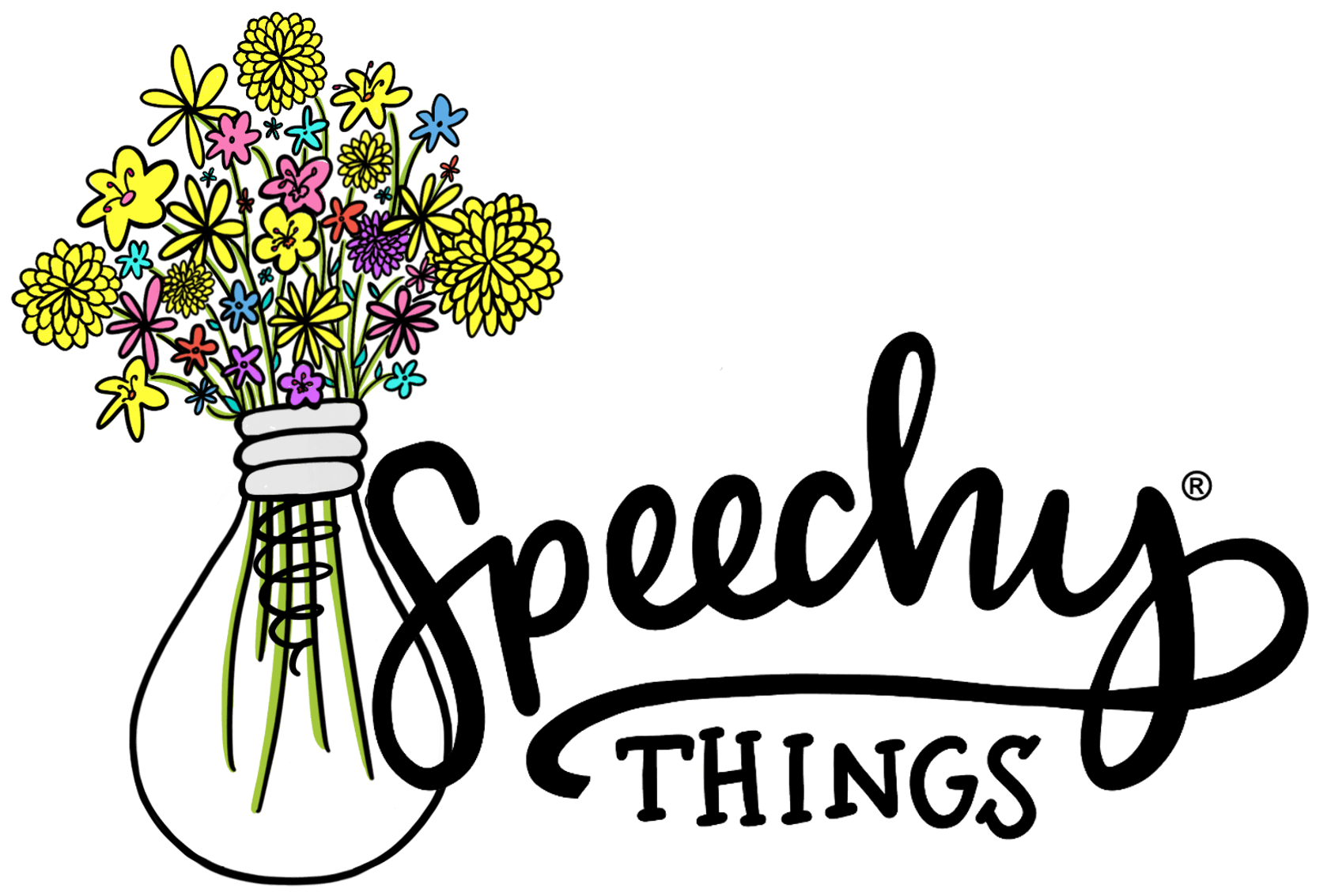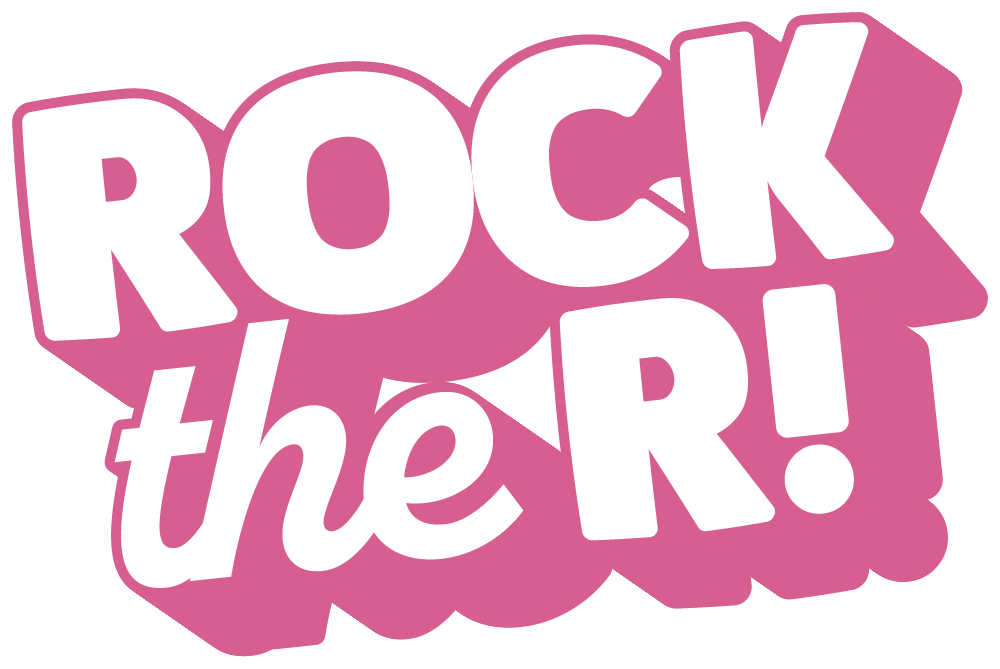I have so many blog posts focused on R Assessment in my drafts and it’s high time I started knocking some of them out. I tend to gravitate toward sharing about elicitation because that’s where so many of us get stuck. But what if it didn’t have to be like that? What if we could figure out how to help students so there are no more kids with an R approximation at best even though they’ve been working on their R for years? We have ALL seen this happen. Many (if not all) of us have been that speech therapist. I know I have. I have one word for you…
Assessment.
Starting with a thorough assessment of every student- whether or not they’re new to speech- is invaluable. I’ve even been known to reassess students when I start feeling stuck or we’ve been together for a while. Looking at the whole student with a fresh lens can help you find what gaps they may have that you didn’t see before. Filling in those gaps is what makes us therapists and makes our students progress.
Here’s what I like to include in my R Assessments:
- conversation sample
- independent r inventory
- oral mech
- phonological awareness
- speech perception
- phonology/ gliding minimal pairs
- trial therapy
Hitting each of these areas allows me to get a good “big picture” view of what is going on with a particular student’s error. It’s also the only way I can get an idea of how much of their error is phonological and how much of it is articulation. (Hint: It’s usually both!) A good assessment leads to a great treatment plan and set of goals, and that leads to good outcomes.
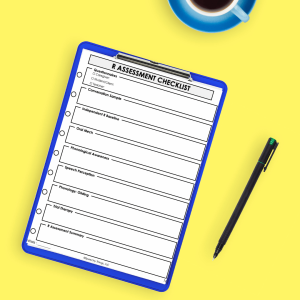
I hope this is all helpful to you! Stay tuned for a lot more help with R Assessment as I dive into each of these sections. In the meantime, I’ve got a Free R Assessment Checklist (pictured above) ready for you to download in my VIP freebie library.
Cheers,



